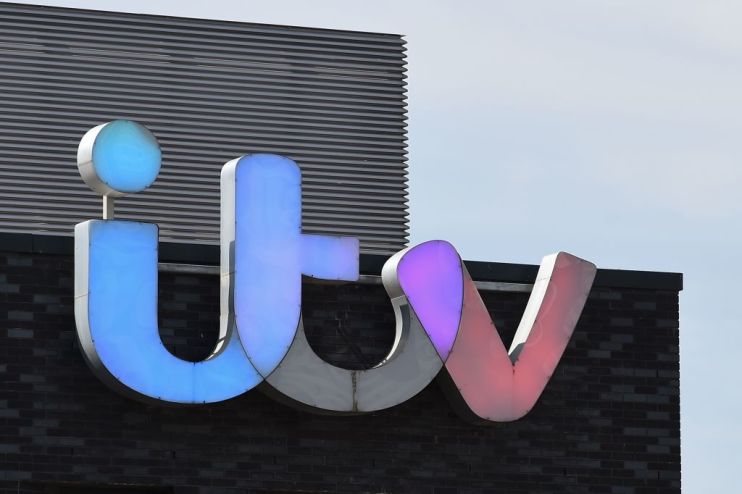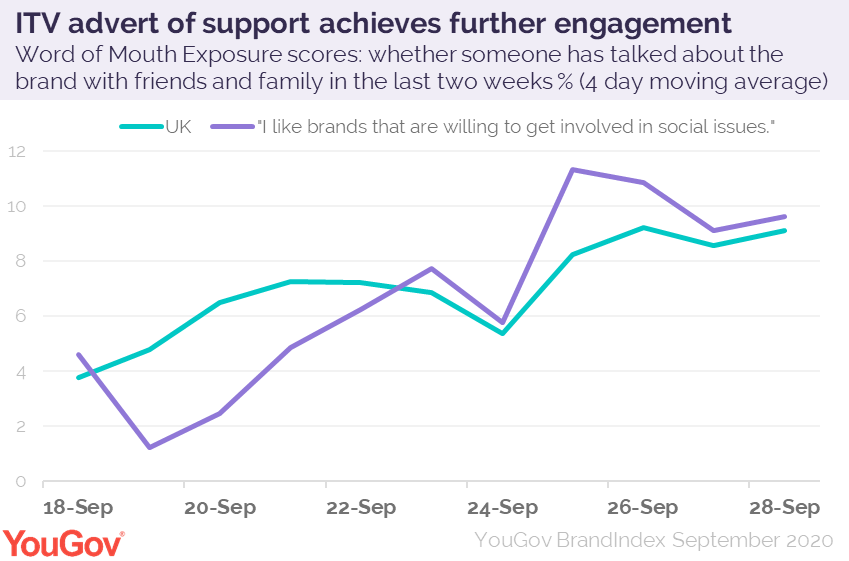ITV reaps the benefits of controversial Diversity performance

TV’s Britain’s Got Talent has restarted its 14th series after taking a three-month break during the COVID-19 pandemic.
Kicking off the semi-finals, judge Ashley Banjo and his dance group Diversity gave a special performance retelling the events of 2020, including references to coronavirus and the death of George Floyd prompting global Black Lives Matter protests.
Read more: Andrew Neil to leave the BBC
The performance at the start of September received 24,500 Ofcom complaints, to which ITV responded by taking out full-page adverts in all national newspapers to show support for Diversity’s performance.
New YouGov BrandIndex data shows that Ad Awareness scores (whether someone has seen or heard an advert by the company in the past two weeks) increased from 5.4 to 10.1 in three days after the advert was published.
Buzz scores (a net measure of whether consumers have heard anything positive or negative about the brand in the last fortnight) also increased from 2.1 to 8.3 in the following week.
Among those who have previously told us that they like brands that are willing to get involved in social issues, Word of Mouth Exposure scores (whether someone has talked about the brand with friends and family in the last two weeks) grew from 1.2 to 11.3 at its peak.
The likelihood that Britons would watch ITV also increased among this group following the advert’s publication.

Additionally, of those who say they have definitely watched Britain’s Got Talent in the last 60 days, almost half (47%) say they like brands who are willing to get involved in social issues. This is slightly higher than the national average of 42%.
More and more brands are becoming willing to take a stance on social issues, such as Ben and Jerry’s recently speaking out against the Home Office’s treatment of migrants.
ITV’s decisive intervention has had a positive impact on the influential demographic that want brands to be vocal about social issues.
Read more: Shakespeare: Fever-Tree’s a hit with the drink-from-home consumer during lockdown